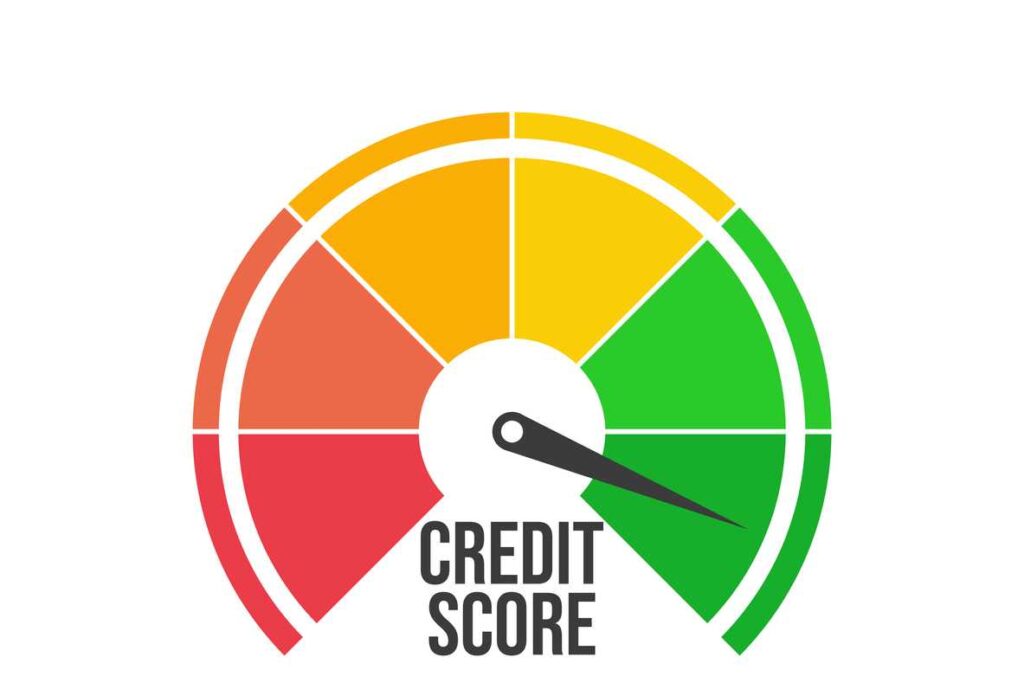What is a FICO Score?
A FICO Score, developed by the Fair Isaac Corporation, is a type of credit score that lenders use to assess an individual’s credit risk. It is a three-digit number, typically ranging from 300 to 850, that reflects the creditworthiness of a borrower. The score is calculated based on information from an individual’s credit report, including payment history, amounts owed, length of credit history, new credit, and types of credit used.
Why FICO Scores Matter
1. Gatekeeper to Financial Opportunities
Your FICO Score serves as a gatekeeper to numerous financial opportunities. Lenders, including banks, credit card companies, and mortgage companies, use this score to make decisions about whether to offer you credit and at what interest rate. A high FICO Score can open the door to preferred interest rates and terms, while a low score can limit your access to credit or result in higher interest rates.
2. Influences Loan Approval and Terms
When you apply for a loan, one of the first things lenders look at is your FICO Score. This score helps lenders determine the likelihood of you repaying the loan. A higher score indicates a higher probability of timely payments, leading lenders to offer more favorable loan terms, such as lower interest rates or higher borrowing limits.
3. Saves Money in the Long Run
A good FICO Score can save you a significant amount of money over time. For example, on large loans like mortgages, a lower interest rate, as a result of a high FICO Score, can translate into tens of thousands of dollars in savings over the life of the loan. This effect also applies to auto loans, personal loans, and credit cards.
4. Quick Credit Decisions
With a solid FICO Score, lenders can make quicker credit decisions. Since your score provides a comprehensive snapshot of your creditworthiness, lenders can rely on it to expedite the approval process, allowing you to access credit when you need it most.
5. Non-Credit Benefits
Beyond loans and credit cards, your FICO Score can influence other aspects of your life. For instance, some landlords use credit scores to screen potential tenants. Similarly, insurance companies may use them to set premiums for auto and homeowners insurance. A good score can lead to lower deposits and premiums.
How to Maintain or Improve Your FICO Score
Maintaining or improving your FICO Score involves several key practices:
- Make Payments on Time: Your payment history is the most significant factor affecting your score.
- Keep Credit Card Balances Low: High balances relative to your credit limits can lower your score.
- Limit New Credit Applications: Each application can cause a small, temporary dip in your score.
- Diversify Your Credit: A mix of credit types (e.g., credit cards, auto loans) can positively affect your score.
- Regularly Monitor Your Credit: Check your credit reports for errors and dispute any inaccuracies.
Conclusion
A strong FICO Score is essential for anyone looking to navigate the financial landscape effectively. It not only facilitates access to credit but also ensures that you receive the best possible terms. By understanding the importance of your FICO Score and adopting responsible credit habits, you can enhance your financial well-being and unlock new opportunities.
